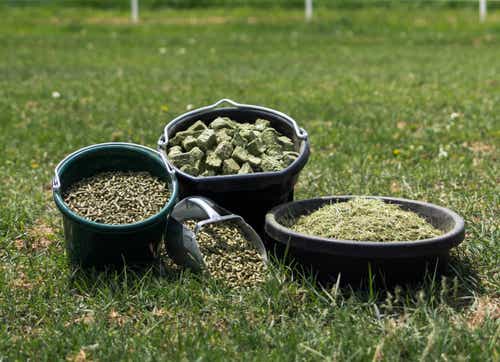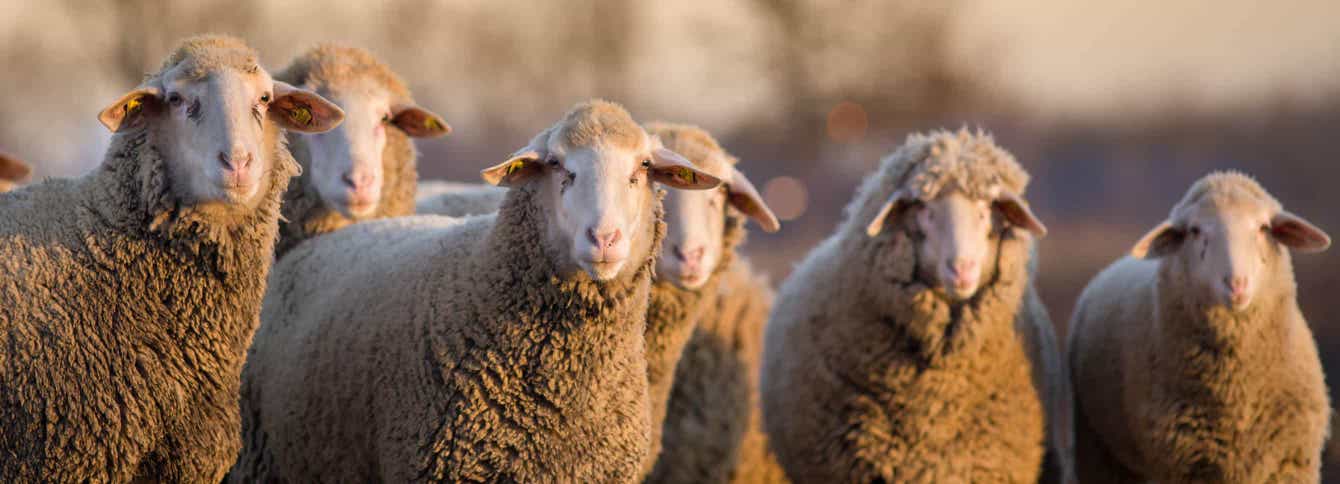
Feeding Sheep – What You Need to Know About Forage and Winter
Sheep are ruminant animals, like cattle, meaning they have a four-compartment stomach designed to ferment and digest plant fiber (pasture/hay). The four-compartment stomach retains fiber long enough so bacteria and other microorganisms can ferment and digest it. This fiber digestion process features rapid fiber intake, followed by hours of regurgitating, re-chewing and re-swallowing of the...
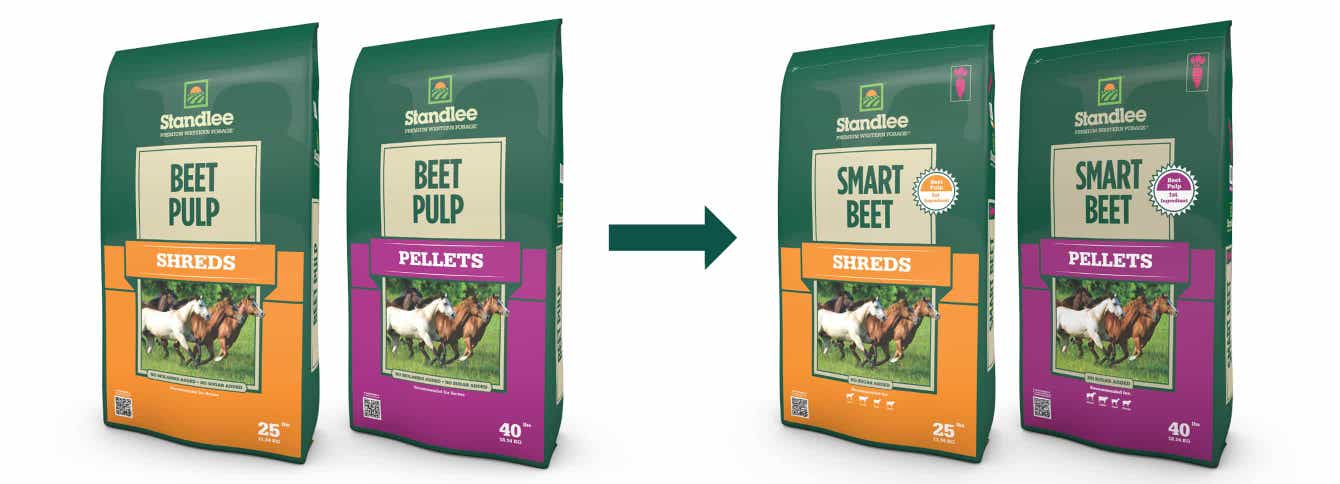
New Name, Same Premium Product – Introducing “Smart Beet”
What is beet pulp? Beet pulp is a by-product of the sugar industry. Sugar is extracted from the beet leaving the pulp. The sugar finds its way into foods and grocery stores, while the pulp is used as an ingredient in animal feeds (less than 5% sugar). Beetpulp is rich in fiber and is unique in its form, as it is soluble fiber and highly digestible. Why change the name from “Beet Pulp” to “Smart...
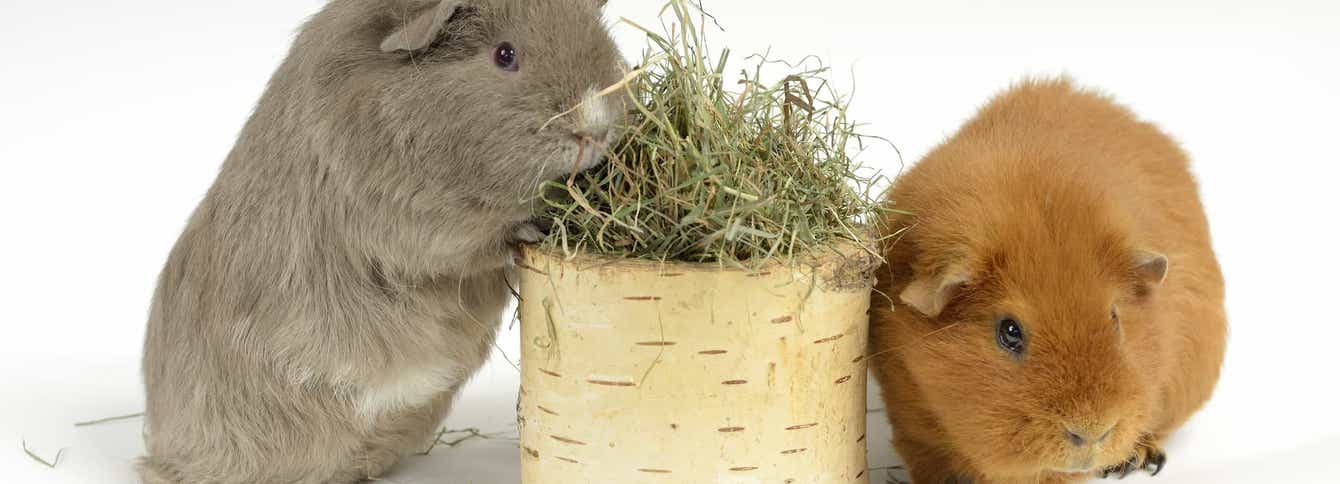
3 Tips for Choosing the Right Hay for Your Small Animal
Are you new to owning small animals? Did your five-year-old beg for a friendly, little hamster for their birthday to snuggle with and entertain them? Maybe you’re joining the world of 4-H, and your middle schooler is excited to start out with a rabbit project? Or maybe you jetted off to college and wanted a small, furry friend to keep you company? Selecting the proper forage type for your small...
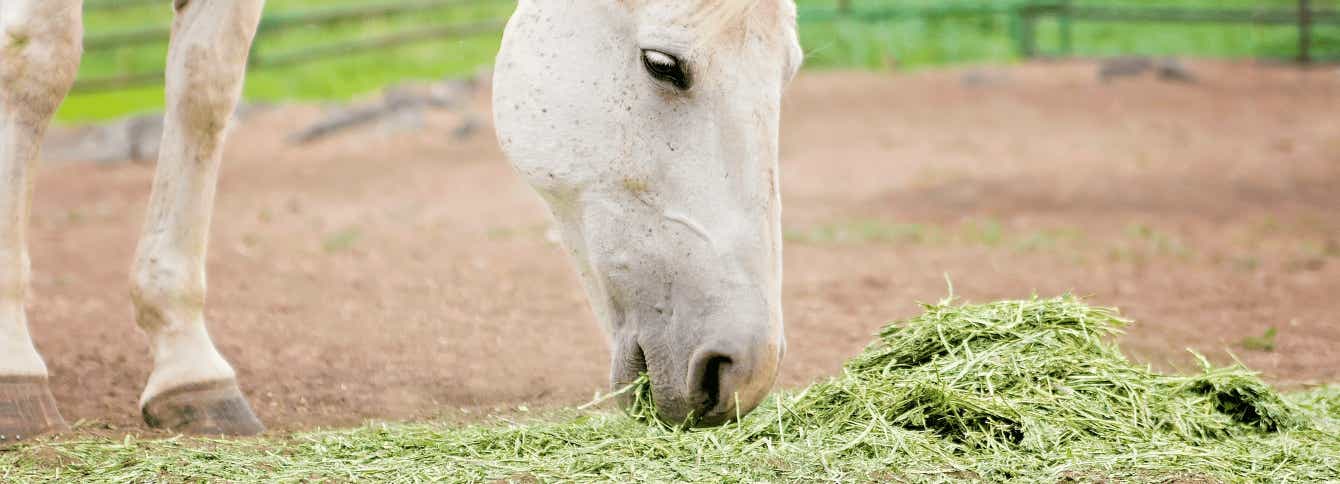
Consistent Nutrition and Forage Quality Defends Horses from Digestive Issues
The horse has evolved as a grazing animal and forage continues to play a pivotal role in equine health. Horses are non-ruminant herbivores, also known as “hindgut fermenters”. Their digestive tract is made up of a simple stomach, small intestine and large intestine. The natural feeding habit of the horse is to eat small amounts of roughages, often. Domestication brought a change to this. Modern...
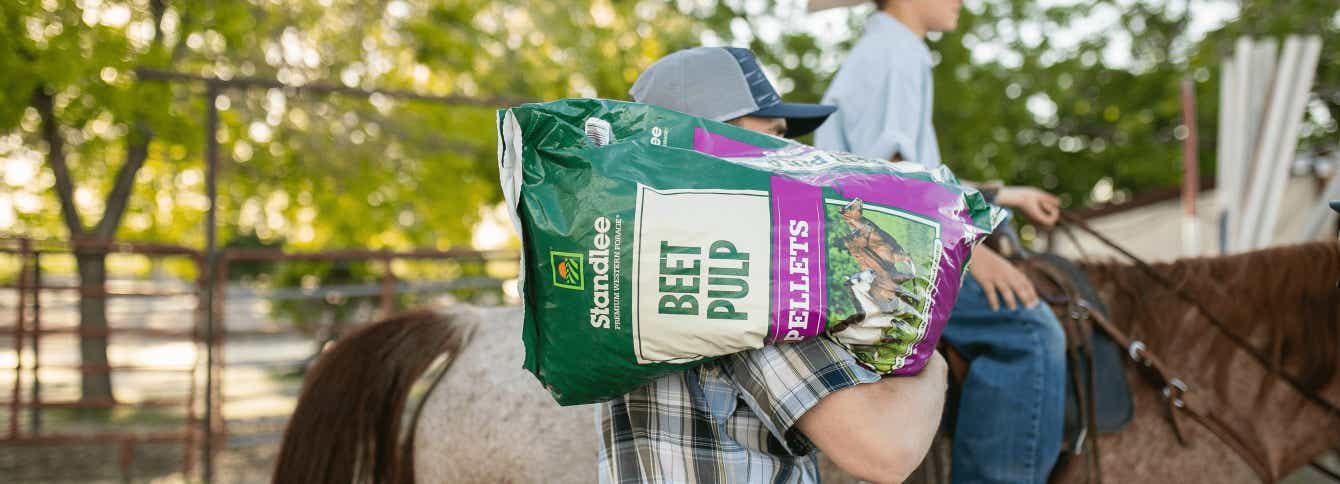
Everything You Need to Know About Beet Pulp for Horses – Part 1
Some of our most popular products at Standlee are our Smart Beet Pulp Pellets and Shreds, and although they are top sellers, we often get questions about what it is from those that have never heard of it or its benefits for horses. In this part of our beet pulp series, our equine nutritionist, Dr. Stephen Duren at Performance Horse Nutrition, helps address some frequently asked questions about...

